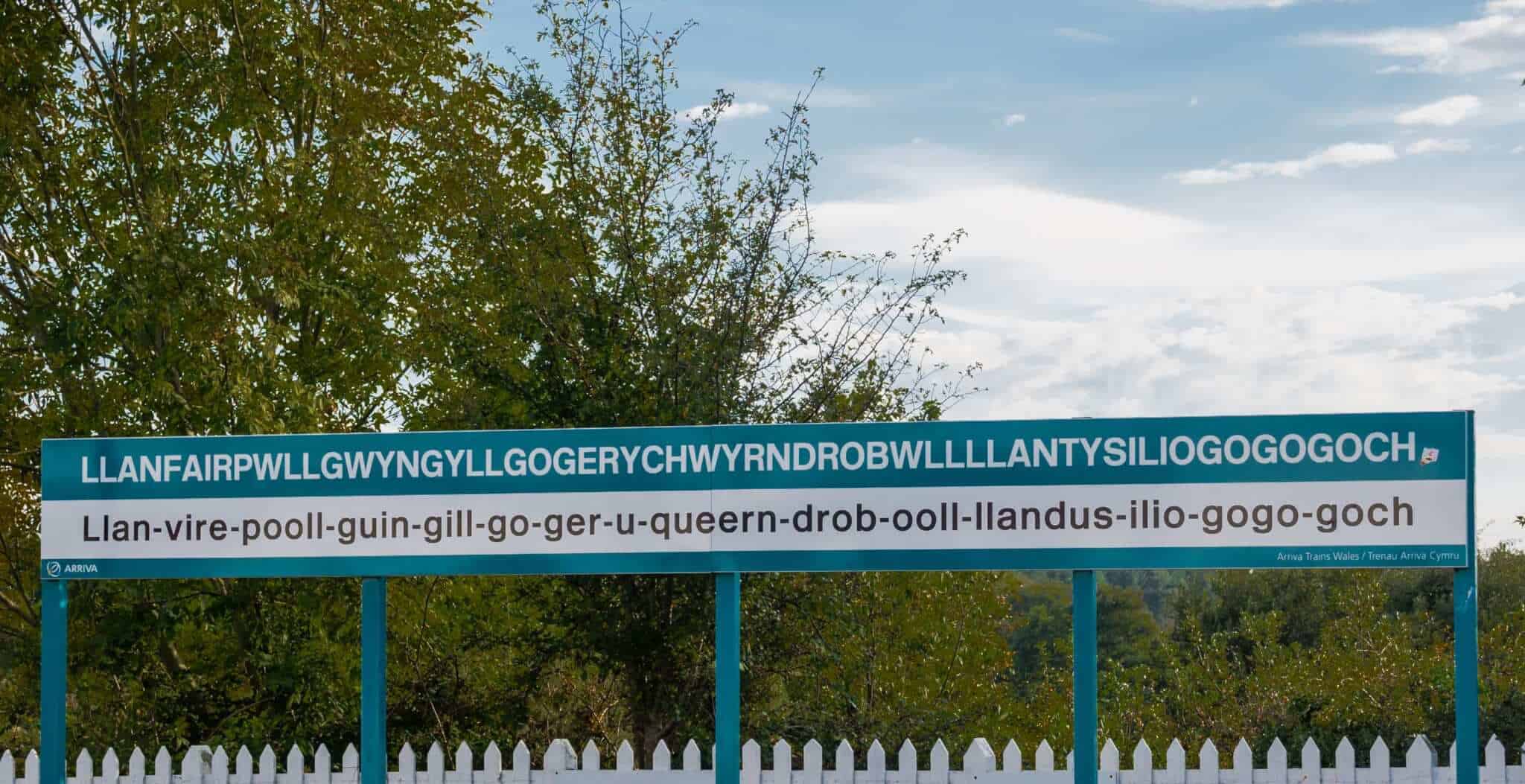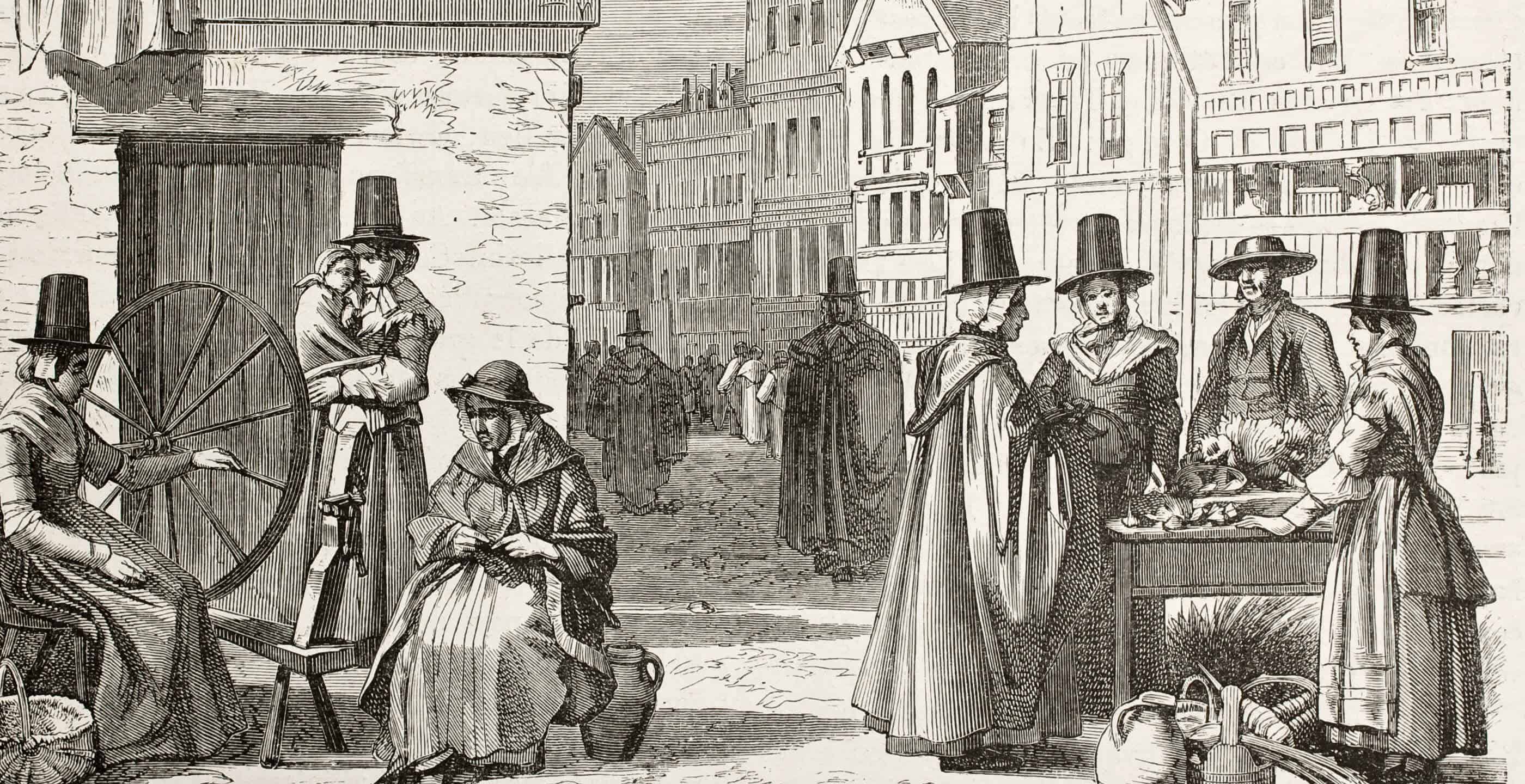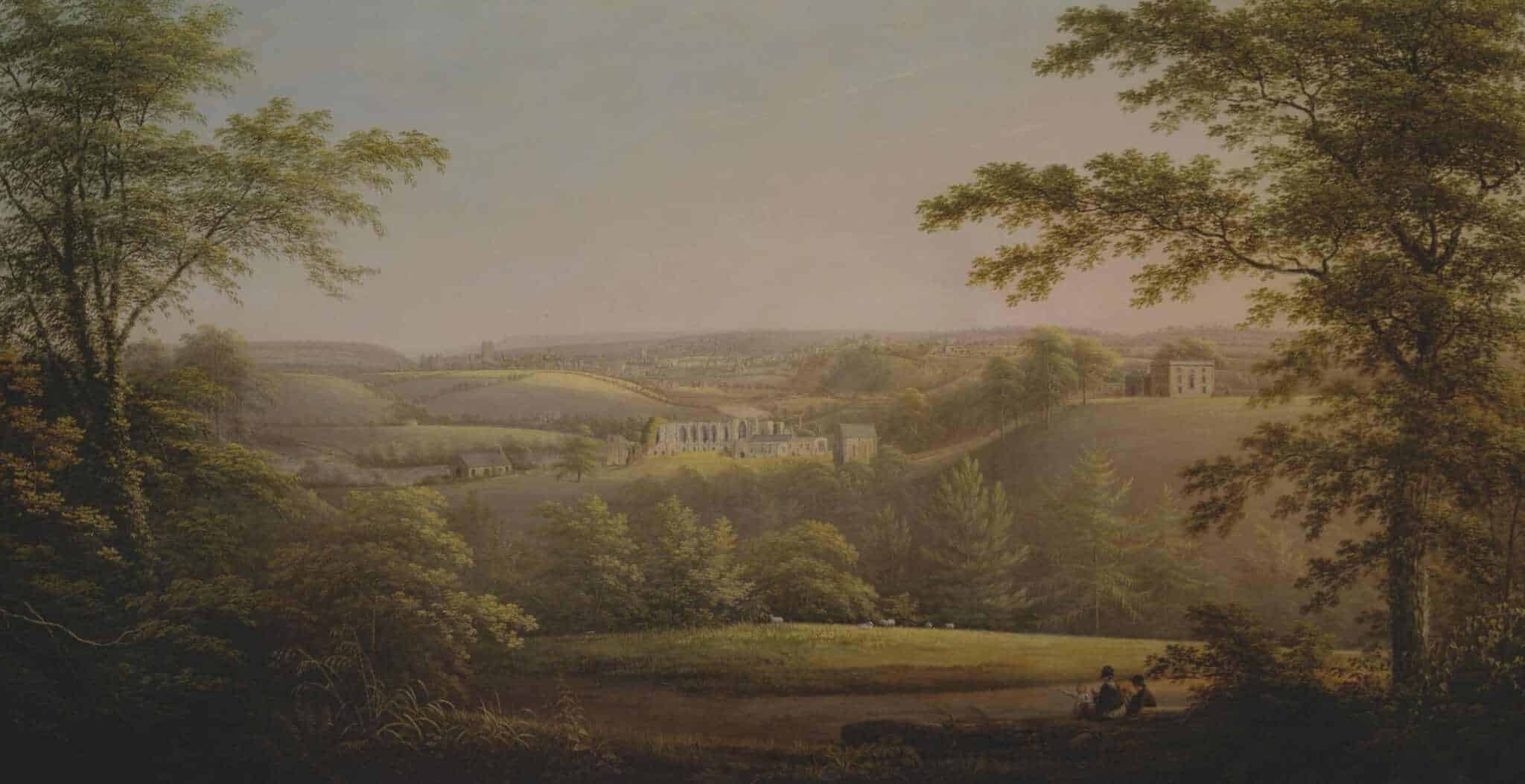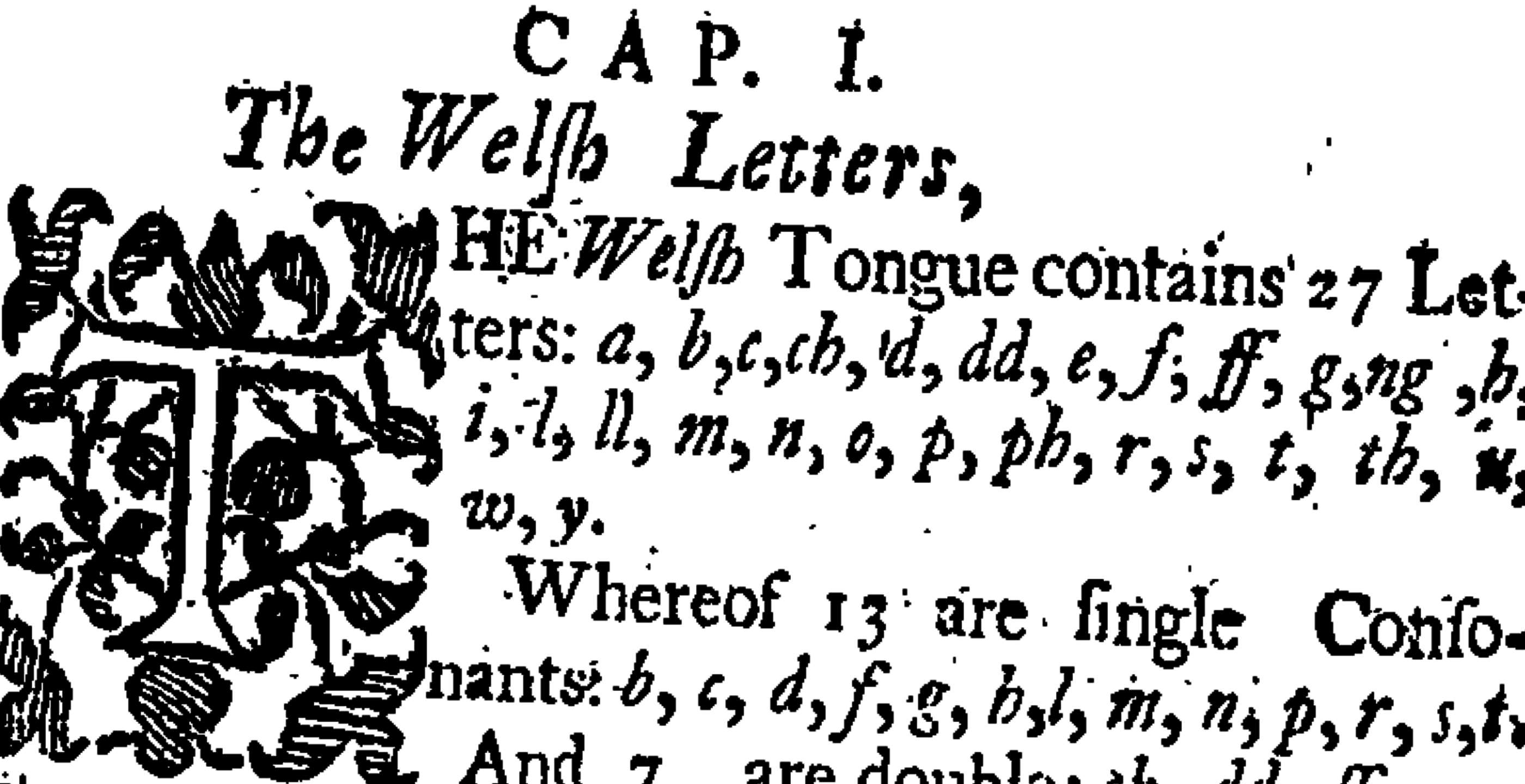History is not all swords and daggers and the simple things we often take for granted can prove to be just as thrilling in their discovery.
Before we pick up a trowel, open the library door or click on our search browsers, the name of a location can give us an insight into the history of the settlement that it refers to, long before we even begin to conduct our initial investigations.
Toponomastics is the study of place names and experts within the field often work tirelessly, attempting to deduce the origins of place names, how they were given and why. Most often the names of places are related to the original people that founded the settlement and they can often be attributed to the landscape, animals, vegetation or social activities of the area.
For example Manchester in the north of England was founded by the Romans in 79AD and although the name has evolved over the last two millennia, its original name was Mamucium which was a combination of two words, both hailing from common Brittonic which was an ancient Celtic language spoken in Britain. The first word is ‘mamm’ which means a breast like hill and the second is ‘ceaster’ which means a fortification or an old city; the name was also Latinised by adding the suffix ‘ium’ towards the end. From this we can then infer that Manchester was a Roman fort, built on a ‘breast like hill’.
This type of place name evidence exists not just throughout the United Kingdom but also worldwide, and from it we can learn vital information that often serves as starting point in historical investigations.
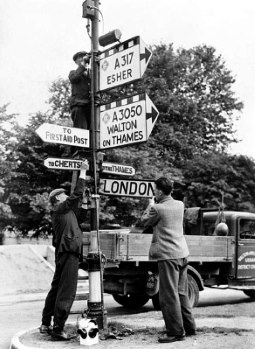
Because of Roman dominance throughout Europe, many place names were altered or completely changed once Roman rule began, yet in some places such as Amiens and Rheims in France the names from pre-Roman times have survived, offering clues about the prehistoric Gaulish tribes that inhabited the area.
Similar evidence can also be found in places such as Scotland, Wales, Cornwall and northern Spain which the Roman and post Roman invaders never succeeded in colonizing. This allowed the prehistoric names that these people gave to the location to survive well into the 21st century.
The most common name element that shows Celtic presence is the prefix ‘tre’ which means hamlet, homestead or settlement. For example Tregare in southeast Wales is formed from ‘tre’ meaning settlement and ‘gare’, most probably the founders name, therefore Tregare is ‘Gare’s Homestead’.
Similarly the origins of settlements all across Britain can be traced back through language, not just to the Celts but also to the Picts, Vikings and others.
This form of investigatory archaeology is a fun, easy and non-invasive way of studying history, allowing us an insight into the past without damaging any of the unique historical sites found thoughout the United Kingdom.
Check out https://kepn.nottingham.ac.uk/ to see a compiled map of English place names and their origins.
Alexander S. Howson is a writer and student.
